Dive into a collection of articles that amplify neurodivergent voices, support a more thorough understanding of neurodiversity, and challenge common misconceptions.
Month
- July 2025
- June 2025
- May 2025
- April 2025
- March 2025
- February 2025
- January 2025
- December 2024
- November 2024
- October 2024
- September 2024
- August 2024
- July 2024
- June 2024
- May 2024
- April 2024
- March 2024
- February 2024
- January 2024
- December 2023
- November 2023
- October 2023
- September 2023
- August 2023
- July 2023
- June 2023
- May 2023
- April 2023
- March 2023
- February 2023
- January 2023
- December 2022
Author
- Abs S. Ashley
- Adam Fare
- Aimee Fletcher
- Aisling Sheehy
- Ann Memmott
- Antonia Aluko
- Beverley Samways
- Brendan Maguire
- Callum Stephen Howes
- Cassandra Lovelock
- Cassandra Lovelock and El Dewar
- Charli Clement
- Claire
- Cos Michael
- Darren O'Reilly
- Dr Virginia Carter Leno
- El Dewar
- Elise Guthrie Stirling
- Emily Lees
- Emily Katy
- Emily Wooden
- Emma Nielson
- Grace Lee
- Guest Contributor
- Harriet Axbey
- Hat Porter
- Helen Edgar
- Iqra Babar
- Jill Corbyn
- Kai Schweizer
- Katrine Callander
- Kay Louise Aldred
- Krysia Waldock
- Kyra Thompson
- Lizzie Smith
- Lucy Gilbert
- Meena Kumari
- Molly Anderton
- Nick Ransom
- Reesha Zahir
- Remie Colledge
- Rhiannon Williams
- Rod Landman
- Rose Matthews
- Sarah Douglas
- Sarah Boon
- Sascha Bellamy
- Sophie Broadgate
- Stop Oxevision
- Thomas Barnett
- Tina
- Trauma Geek
- Warda Farah

Reclaiming the Narrative: What It Means to Be Black and Autistic
Honoring Black History Month, NdC Associate Warda Farah explores the intersection of Black and Autistic identity, and reflects on how the dual marginalisation faced by Black Autistic individuals is further compounded for women and girls. Warda is the creator and host of NdC’s monthly, free-to-attend Black Autistic Meetup sessions.
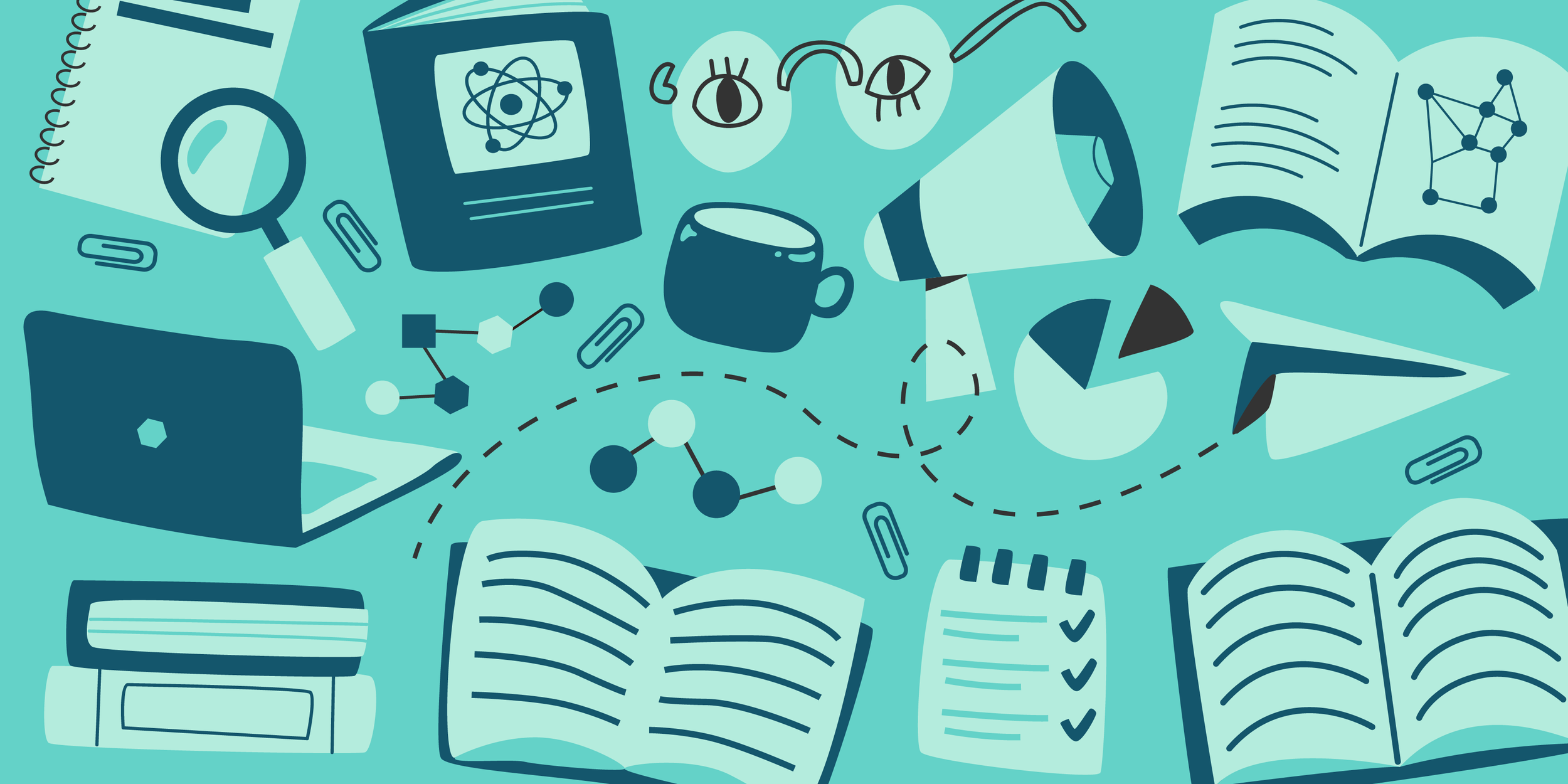
Autism Research—What’s New in September?
In this month’s research roundup Ann picks out some of the current big debates on Autistic lives, and showcases new and important research from teams and academics working within the field.
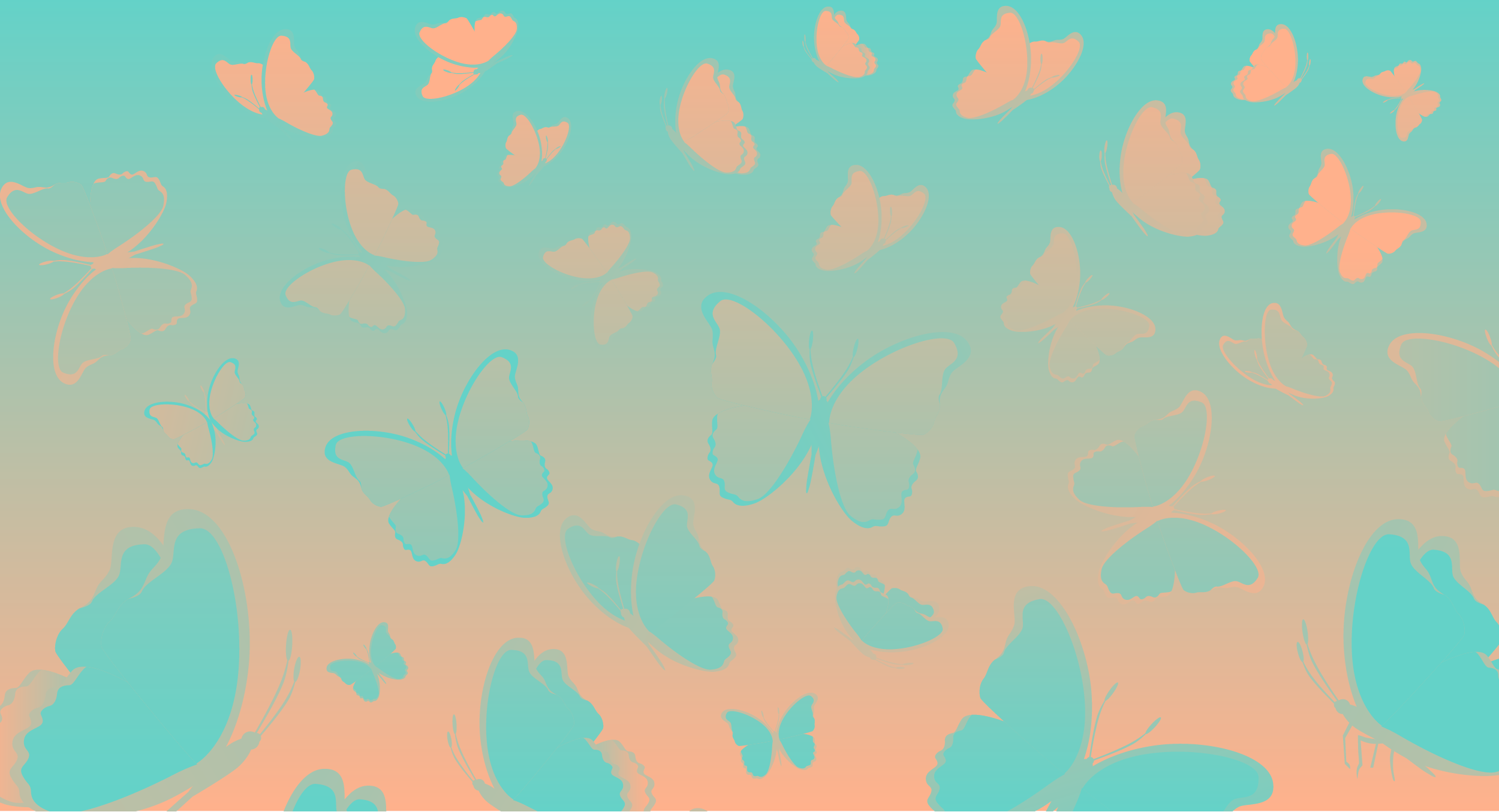
Neurodivergence, Trauma and Recovery (Part 3/3) — Connecting Back to Community
In this three-part series, NdC Development Lead Kay Aldred examines the complex entanglement of Neurodivergence and trauma, and the implications this has for the concept of “recovery”. In this third and final part, Kay explores how connecting to community can play a part in recovery from trauma.
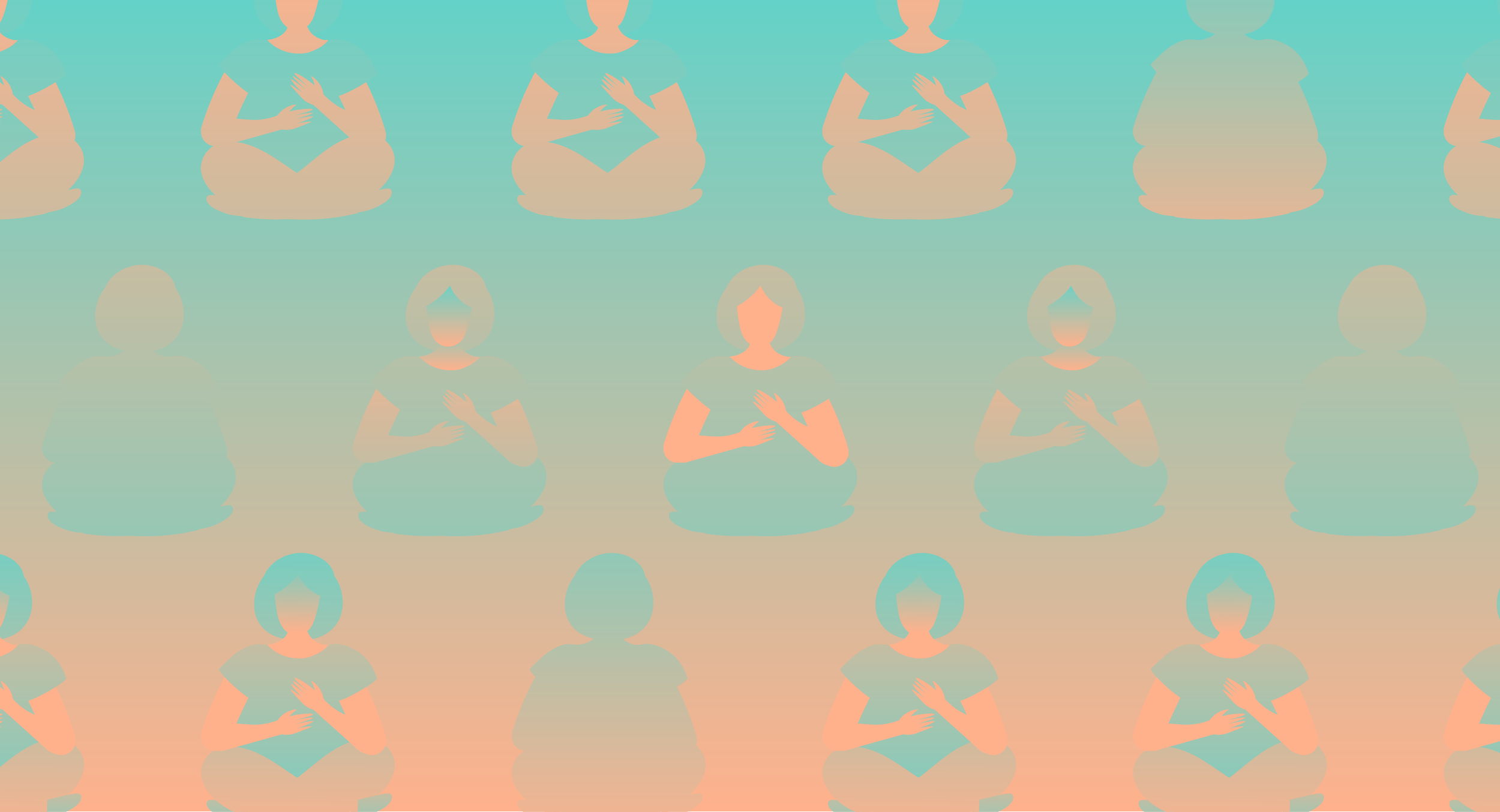
Neurodivergence, Trauma and Recovery (Part 2/3) — Connecting Back to Embodiment
In this three-part series of blogs, NdC Development Lead Kay Aldred examines the complex entanglement of Neurodivergence and trauma, and the implications this has for the concept of “recovery”. In this second part, Kay explores how connecting to the body can illuminate an understanding of trauma and recovery.

Neurodivergence, Trauma and Recovery (Part 1/3) — Connecting Back to Nature and Cyclical Living
In this three-part series of blogs, NdC Development Lead Kay Aldred examines the complex entanglement of Neurodivergence and trauma, and the implications this has for the concept of “recovery”. In this first part, Kay explores how natural rhythms, such as the seasons, can illuminate an understanding of trauma and recovery.
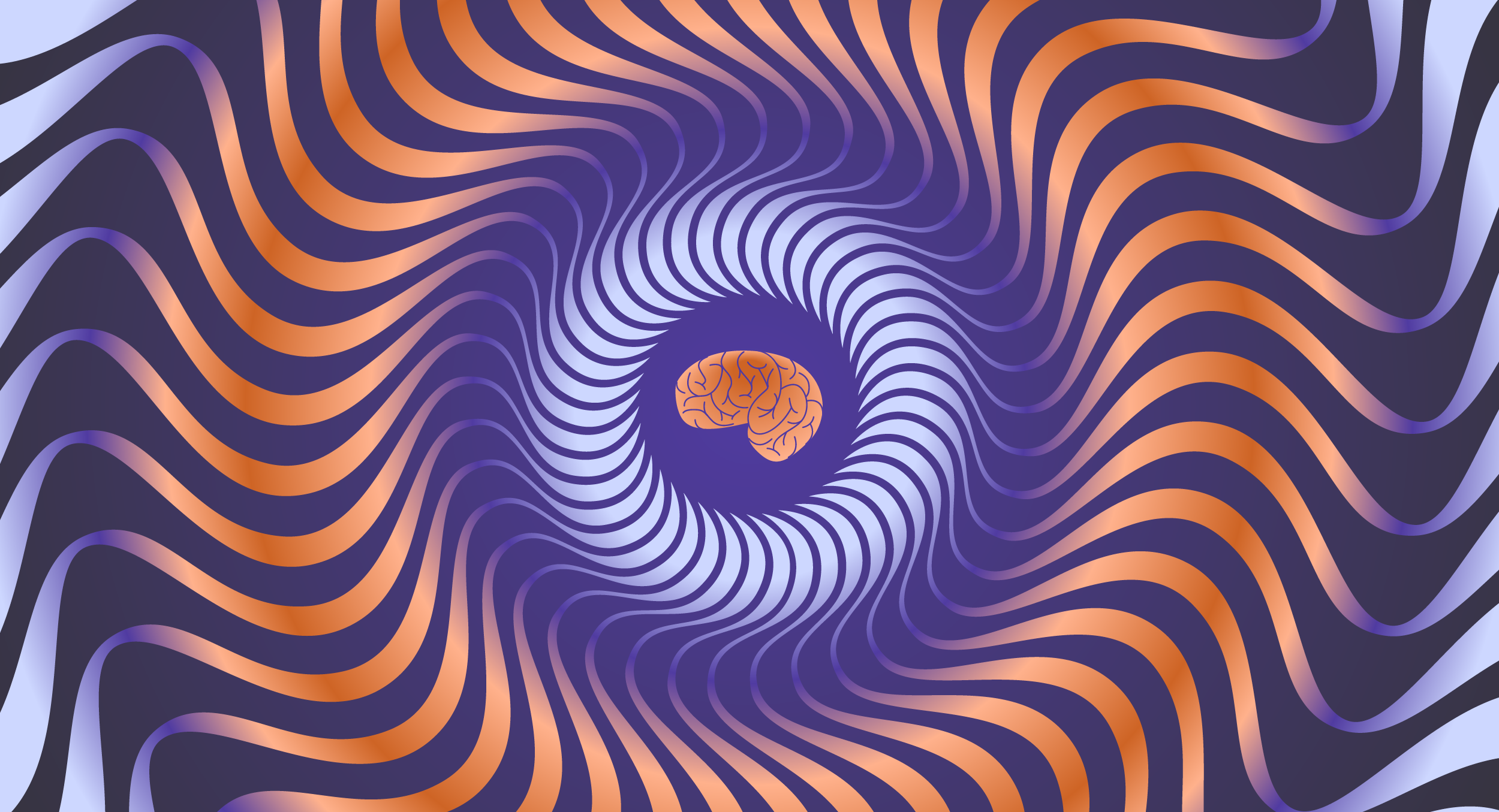
Unpacking radicalisation: how Neurodivergent minds are targeted by the far-right
Against the backdrop of the wave of racial-hatred and violence that swept the UK in recent weeks, NdC Development Lead Grace Lee examines how Neurodivergent minds can be vulnerable to exploitation and radicalisation by by far-right narratives and deliberate misinformation, and what can be done to find a way forward.
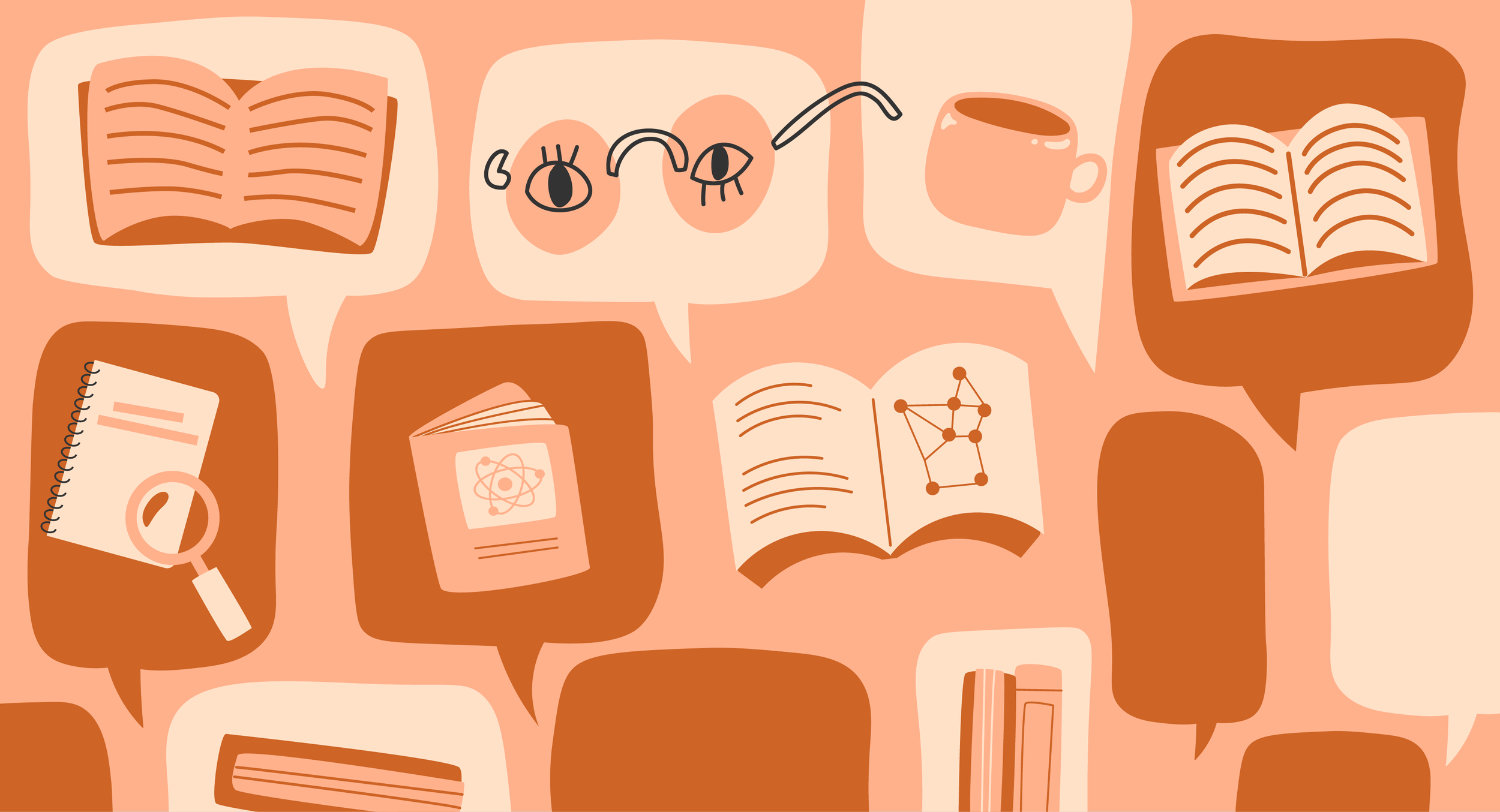
4 Questions For…Authors of Neurodivergent Education and Lifelong Learning: From Babble to Later Life
We sit down to discuss Krysia Waldock and Nathan Keates new edited book, exploring Neurodivergent learning from babble to later life.

Excavating my identity and relationship with disability
Warda Farah explores the intersectionality of identity, race and disability in this short reflective piece.

Autism Research—What’s New in August?
In this month’s research roundup Ann picks out some of the current big debates on Autistic lives, and showcases new and important research from teams and academics working within the field.

10 top tips for…inpatient admission
Inpatient admission as an Autistic person can be a stressful experience. This blog curates ten tips for everyday items you can bring with you to help ease the process. Written by an anonymous guest contributor with experience of inpatient services.
- ABA
- abuse
- accessible
- ADHD
- adults
- advocacy
- affirming
- aging
- assessment
- autism
- autistic parents
- black autistic
- building design
- burnout
- childhood
- children
- co production
- coercive control
- communication
- community
- culture
- depression
- Designing Homes for Sensory Differences Summit 2024
- diagnosis
- disability
- dyslexia
- eating disorders
- education
- empathy
- employment
- environment
- ethics
- family
- friendships
- GCC Summit 2023
- gender
- government
- grooming
- guidance
- health
- healthcare
- holiday
- housing
- human rights
- identity
- illness
- inclusion
- inpatient
- intersectionality
- joy
- language
- late diagnosed
- learning disability
- LGBTQIA+
- lived experience
- masking
- medicalisation
- meltdown
- mental health
- monotropism
- mothers
- nervous system
- newly diagnosed
- NHS
- online
- pain
- parents
- PBS
- peer support
- play
- psychiatric care
- quality of life
- race
- racism
- reasonable adjustments
- relationships
- research
- resources
- routine
- school
- self diagnosis
- self regulation
- sensory environment
- sensory overwhelm
- sensory processing
- services
- sexism
- special interests
- spirituality
- stimming
- stress
- suicide
- support
- therapy
- training
- trauma
- trauma-informed
- women
- workplace
- young people
Got something to say?
We commission blogs from neurodivergent writers. We are particularly keen to hear from people of colour, older people, and non-speaking members of our community. Help us in our mission to amplify the views and voices that are most often left unseen and unheard.


